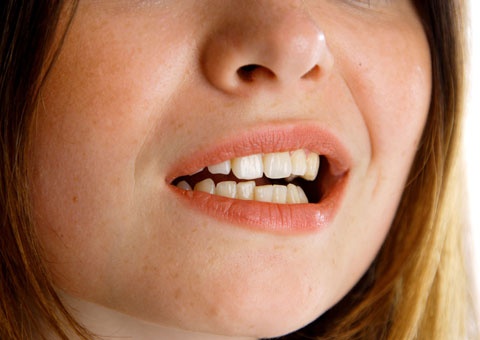Unveiling Jaw Imbalance: Exploring the Link Between Jaw Health and Posture
The jaw can develop issues due to stress, teeth grinding, misalignment, TMJ disorders, poor posture, or structural problems. Symptoms include jaw pain, headaches, earaches, clicking sounds, and difficulty chewing. These issues aren’t limited to nighttime and can occur during the day. Addressing stress, habits, and posture can help manage jaw problems at any time. Discover four tests to detect potential jaw-related postural issues.
Jaw Imbalance Tests
Test 1: The Three-Finger Test
Try fitting three fingers in your mouth. Pain or difficulty suggests TMJ issues.
Test 2: Cross Bite Examination
Identify a ‘cross bite’ where the jaw deviates, causing muscle tension imbalances.
Test 3: Missing Teeth and Lingual Dysfunction
Missing teeth can lead to tongue imbalances, affecting posture.
Test 4: Listen for the Noise
Listen for cracking or screeching when opening your jaw, indicating TMJ problems.
Solution for an unbalanced jaw:
Improving tongue posture addresses muscular imbalances and prevents chronic issues. TMJ (Jaw) Therapy – Discover the power of specialized therapy tailored for TMJ concerns!
FAQs:
What causes an unbalanced jaw?
Factors like mouth breathing, trauma, and teeth misalignment contribute. Tongue posture and oral health are crucial.
How can I check if my jaw is unbalanced?
Signs include facial asymmetry, pain, and difficulty chewing. Perform a 4-Jaw Test for self-testing.
What lifestyle changes can support a balanced jaw?
Adopt good tongue posture, avoid habits like teeth grinding and mouth breathing, and maintain dental check-ups.
JAW AND BODY
Explore Movement mojo for detailed insights into how foundational movements can improve posture.
Book an Appointment
Stay Updated
Subscribe to our newsletter for the latest updates, exclusive offers, and style tips. Join our community and stay ahead in fashion!
Mara Nicandro

